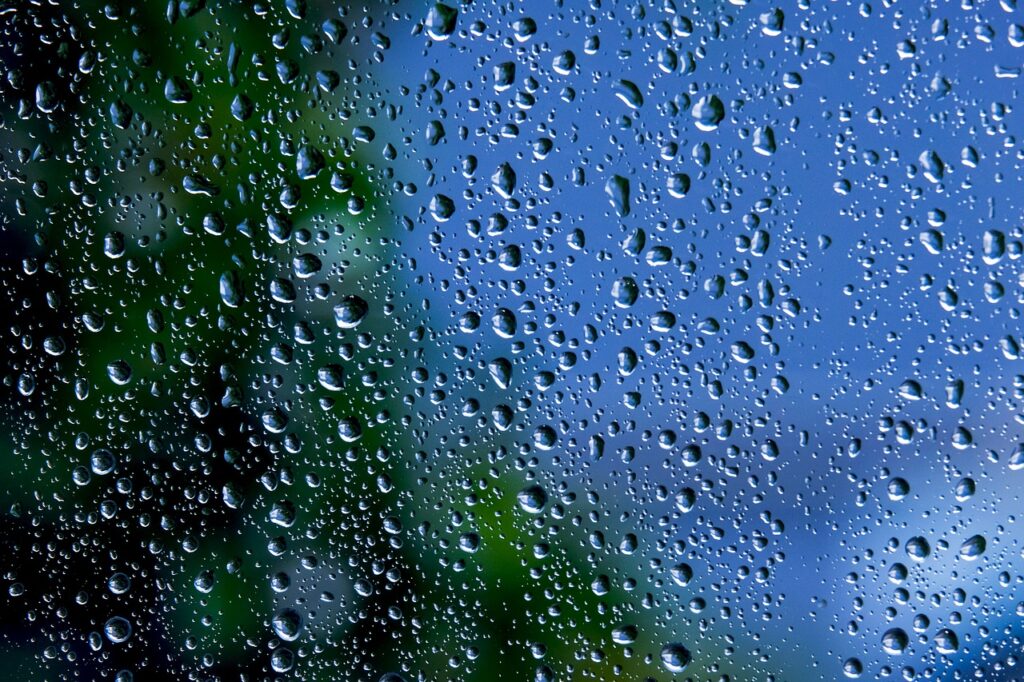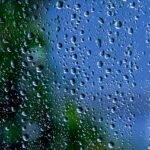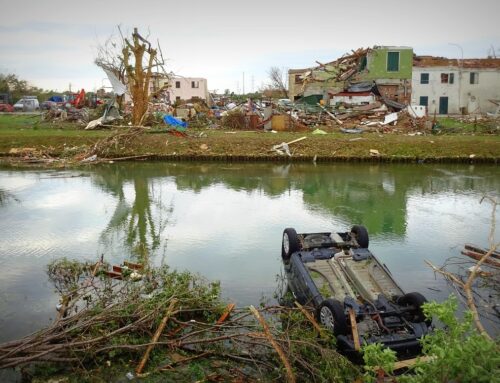Tropical Storm Debby is now a memory in our area, but the storm delivered an unprecedented level of rainfall – resulting in extensive flooding on many parts of the Gulf Coast. In the wake of this heavy rainfall and flooding, residents must be aware of the risk of mold growth, especially black mold, as hot air and prolonged damp conditions can exacerbate its growth. Understanding the dangers of black mold is crucial for safeguarding health and property.

Health Risks Associated with Black Mold
- Respiratory Problems: Black mold releases mycotoxins into the air, which can lead to various respiratory issues. Inhalation of these toxins can cause symptoms like coughing, wheezing, and throat irritation. Individuals with pre-existing conditions such as asthma or chronic obstructive pulmonary disease (COPD) may experience exacerbated symptoms. Prolonged exposure can also lead to more serious respiratory conditions, including chronic bronchitis.
- Allergic Reactions: Many people are allergic to mold spores, and black mold is no exception. Allergic reactions to black mold can manifest as sneezing, runny or stuffy nose, itchy eyes, and skin rashes. In severe cases, exposure can lead to sinusitis or exacerbate conditions like eczema or asthma. Children and the elderly, whose immune systems may be more vulnerable, are particularly at risk.
- Neurological and Cognitive Effects: Emerging research suggests that long-term exposure to black mold and its mycotoxins can affect cognitive function and neurological health. Symptoms such as headaches, memory loss, and difficulty concentrating have been reported in individuals exposed to mold over extended periods. This effect is still being studied, but it’s clear that black mold exposure can have a broader impact on mental health.
- Immune System Suppression: Chronic exposure to black mold can weaken the immune system, making individuals more susceptible to infections. The body’s ability to fight off pathogens is compromised, leading to increased vulnerability to illnesses.
Property Damage and Structural Risks
- Structural Integrity: Black mold can cause significant damage to building materials and structures. It thrives on materials rich in cellulose, such as wood, drywall, and insulation. Over time, mold can deteriorate these materials, leading to weakened structural integrity. This damage can be costly to repair and may compromise the safety of the building.
- Decreased Property Value: Properties affected by black mold are often considered less valuable. Mold infestations can lead to issues with real estate transactions, as the prospect of costly remediation may deter potential buyers. The presence of mold can also lead to legal and insurance complications, further impacting property value.
Prevention and Remediation of Black Mold
- Proper Ventilation: Proper ventilation in homes and buildings is essential to prevent black mold growth. This includes using dehumidifiers to keep indoor humidity levels low and ensuring that bathrooms, kitchens, and laundry rooms are well-ventilated. Regularly checking and cleaning HVAC systems can also help prevent mold proliferation.
- Prompt Drying: After flooding, it’s crucial to address water damage promptly. This means drying out affected areas as quickly as possible, ideally within 24 to 48 hours, to prevent mold from taking hold. Use fans, dehumidifiers, and professional water damage restoration services if needed to expedite the drying process.
- Mold Remediation: If dangerous mold is found, professional remediation is often necessary. Certified mold remediation specialists can safely remove mold-infested materials and ensure that the affected areas are thoroughly cleaned and treated. DIY mold removal is generally not recommended due to the risk of spreading mold spores and inadequate handling of contaminated materials.
- Regular Inspections: Regular inspections of property for signs of water damage or mold can help catch potential problems early. Homeowners should be vigilant about checking for leaks, cracks, and areas of dampness, especially after severe weather events.
Black Mold Remediation Covered by Home Insurance?
Florida home insurance policies often have coverage for black mold remediation, but the specifics can vary based on the policy and insurance provider. Generally, coverage depends on the cause of the mold. If the mold is a result of a burst pipe or a roof leak, insurance might cover remediation costs. However, if the mold results from
poor maintenance or neglect, it might not be covered.
Even if mold remediation is covered, there might be limits on the amount your policy will pay for mold damage. It’s essential to review your policy’s specifics or talk to your insurance agent to understand these limits. To learn more, call the home insurance experts at Anderson & Associates Insurance Group today.









